
Are you getting enough sleep but still feel like you’ve run a marathon in your dreams? You’re not alone — and it’s not just your bedtime routine that’s to blame.
The Mystery of Being Exhausted Despite “Good Sleep”
You follow all the sleep rules: no screens before bed, cozy pajamas, a dark room, maybe even a lavender diffuser whispering calm scents. Yet, come morning, you drag yourself out of bed feeling like a zombie who’s been on a caffeine diet for a week. What gives?
Physical fatigue is easy to understand — you move, you burn energy, you recover. But emotional exhaustion? That’s the sneaky culprit hiding behind the scenes, stealing your vitality even when your body technically “recharged.”
Emotional Exhaustion: The Silent Energy Vampire
Emotional exhaustion is the deep weariness that comes from feeling emotionally overwhelmed or drained. It’s not just being “stressed” or “tired” in the usual sense. It’s like your mind, heart, and nervous system have been on overdrive, even if your body looks like it’s been at rest.
Think about it: even when you’re physically still, your brain can be buzzing with worries, replaying conversations, managing new challenges, or holding onto unresolved feelings. This internal chaos drains your energy in a way that sleep alone can’t fix.
Why Emotional Exhaustion Often Goes Undetected
Unlike a sore muscle or a cold, emotional exhaustion is invisible. You can’t put a Band-Aid on it or measure it with a thermometer. Because of that, it’s easy to dismiss or push aside.
Women like you — adventurous, independent, midlife explorers — are especially vulnerable. You juggle adapting to new cultures, managing relationships from a distance, and building a life away from your comfort zone. All while trying to stay vibrant, healthy, and inspired.
If you don’t pause to acknowledge the emotional weight you carry, it silently builds up until it affects your sleep, mood, and overall wellbeing.
How to Recognize Emotional Exhaustion in Yourself
Not sure if emotional exhaustion is your culprit? Here are some common signs:
- Persistent fatigue despite rest
- Irritability and mood swings
- Lack of motivation or enthusiasm
- Trouble focusing or brain fog
- Physical aches without clear cause
- Social withdrawal and feeling overwhelmed
Sound familiar? These symptoms can sneak up slowly but become a constant drain if ignored.
Why Midlife Women Face Unique Emotional Challenges
Midlife isn’t just about aging — it’s about transformation, reinvention, and discovering who you truly want to be. This can be a time of powerful personal growth but also emotional turbulence.
Combine that with the experience of living abroad — cultural differences, language barriers, feeling far from family or familiar support — and it’s no wonder your emotional battery might be running low.
You might be telling yourself to tough it out, to stay strong, or that it’s just “part of the package.”
But persistent emotional exhaustion can silently block your ability to thrive, not just survive.
What Happens When Emotional Exhaustion Goes Unchecked
If you keep pushing through emotional exhaustion, it can lead to:
- Chronic stress wearing down your immune system
- Sleep disturbances that prevent restorative rest
- Complete burnout — mental, emotional, physical collapse
- Loss of joy in daily activities and relationships
- Increased anxiety or depression
This is why it’s so important to listen to your emotional body and give it the care it deserves.
Practical Ways to Refill Your Emotional Tank
The great news: emotional exhaustion is reversible. With gentle, consistent practices, you can restore your energy and reclaim your vibrant life.
1. Mindful Emotional Awareness
Allow yourself to feel your emotions without judgment. Notice what’s underneath your tiredness — frustration? Loneliness? Overwhelm? Journaling or talking to a trusted friend can help unload heavy feelings.
2. Movement that Nurtures
Your body holds emotional tension. Activities like yoga, tai chi, or gentle walks and focusing on stillness help release stored stress and reconnect you to your body.
3. Harness the Power of Essential Oils
Natural aromas like lavender, frankincense, or chamomile calm your nervous system and create a soothing atmosphere. Diffuse them during your self-care routines or before bed for a restful vibe. You will find below a wonderful technique with Essential Oils that has helped is very helpful to get back to yourself and alignment. The Emotional Tune-Up Technique.
4. Create Restorative Rituals
Design daily habits that nurture you — whether it’s a morning meditation, a calming tea ritual, or a few minutes of deep breathing. Box breathing in particular helps the body to calm down and relax. My favorite is to combine it with a mindful walk through nature. These small pauses recharge your emotional batteries.
5. Set Boundaries
Learning to say no and protect your energy is vital. Especially when living abroad, where social and cultural expectations can overwhelm, honoring your limits is empowering.
When you work from home (and congrats - it is such a wonderful and independent lifestyle) - it keeps the chance to overstepping your own boundaries. Keep your working schedule, block out time for exploring, workout, spending time with friends and hobbies. I am speaking from experience here - at some point I found myself working 12-14 hours a day - and that is not what I "signed up for" or ever wanted. And it is NOT more productive - quite the opposite.
Your Next Step: Check out the "Emotional Tune-Up" Technique
Discovering new routines, breaking free from negative patterns, and embracing a positive lifestyle is within your reach.
This straightforward essential oil technique can empower you to begin or conclude your day in a way that supports you in:
- Balance your mood
- Let go of built-up stress and stuck emotional energy
- Support your nervous system (without a screen or a scroll)
- Feel more grounded, uplifted, and clear
It only takes 5–10 minutes and uses common essential oils and oil blends—perfect if you're just starting your emotional healing journey with oils.
Whether you do it first thing in the morning, before bed, or whenever your mood needs a shift, this practice gives your emotional system a “reset” and reconnects you to your inner guidance.
If you’re ready to stop the cycle of feeling tired all the time and start reclaiming your energy, I invite you to watch this 7 minute video.
In this class, I walk you through simple, natural techniques to identify and release emotional exhaustion. You’ll gain tools you can use daily — no complicated steps, just gentle practices that fit your adventurous lifestyle.
Final Thoughts
Feeling exhausted even after plenty of sleep isn’t a sign of weakness or failure. It’s a signal from your emotional body asking for attention and care.
You deserve to live vibrantly, feeling free and energized — no matter where in the world your journey takes you.
Stay in tune 💃🏼
Cornelia
👉 Ready to learn more about using essential oils safely and confidently?
Join my free Weekly Wellness Tips — practical, simple swaps and aromatherapy habits to help you feel your best, one drop at a time.
Join my free Weekly Wellness Tips — practical, simple swaps and aromatherapy habits to help you feel your best, one drop at a time.


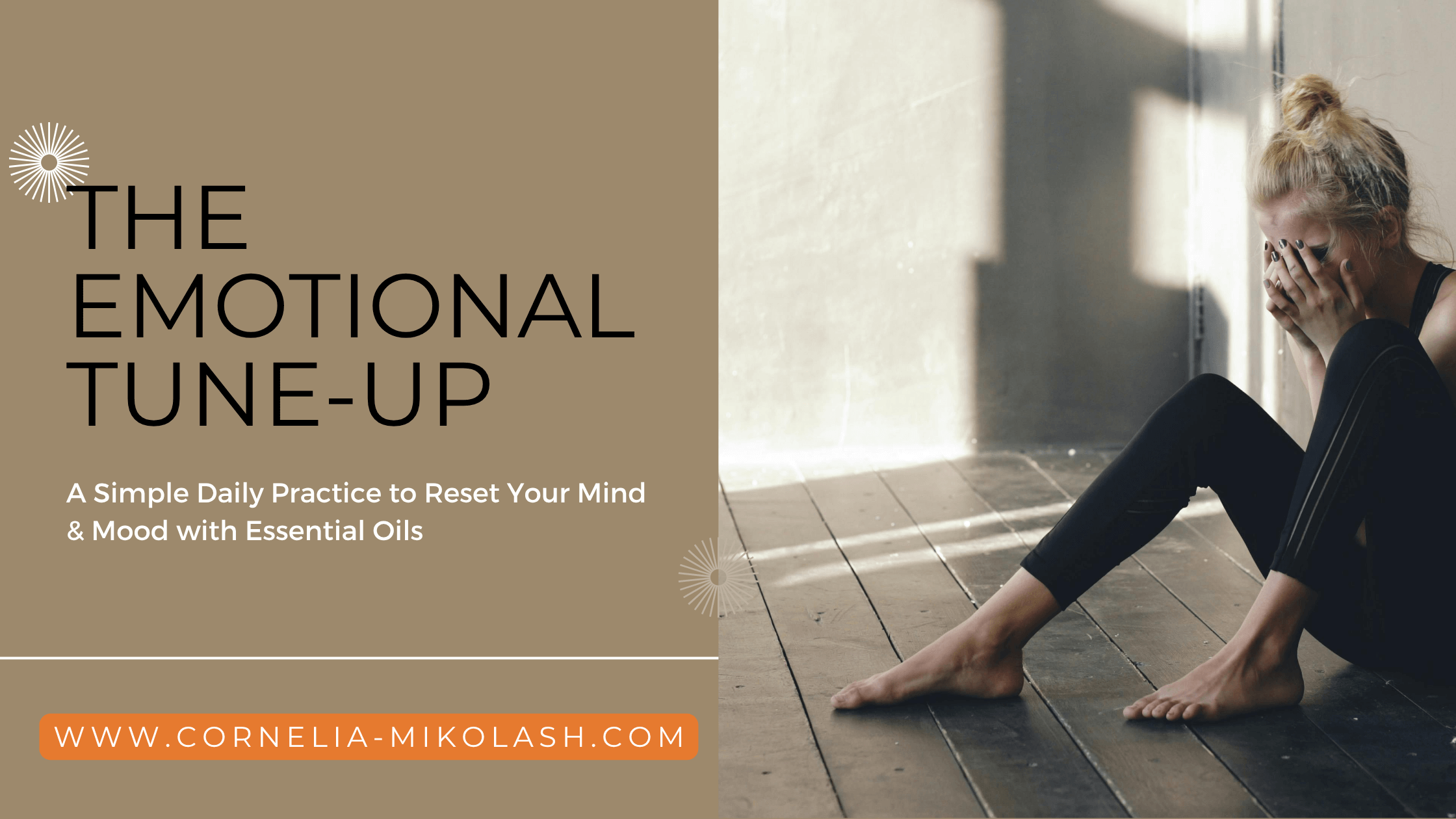

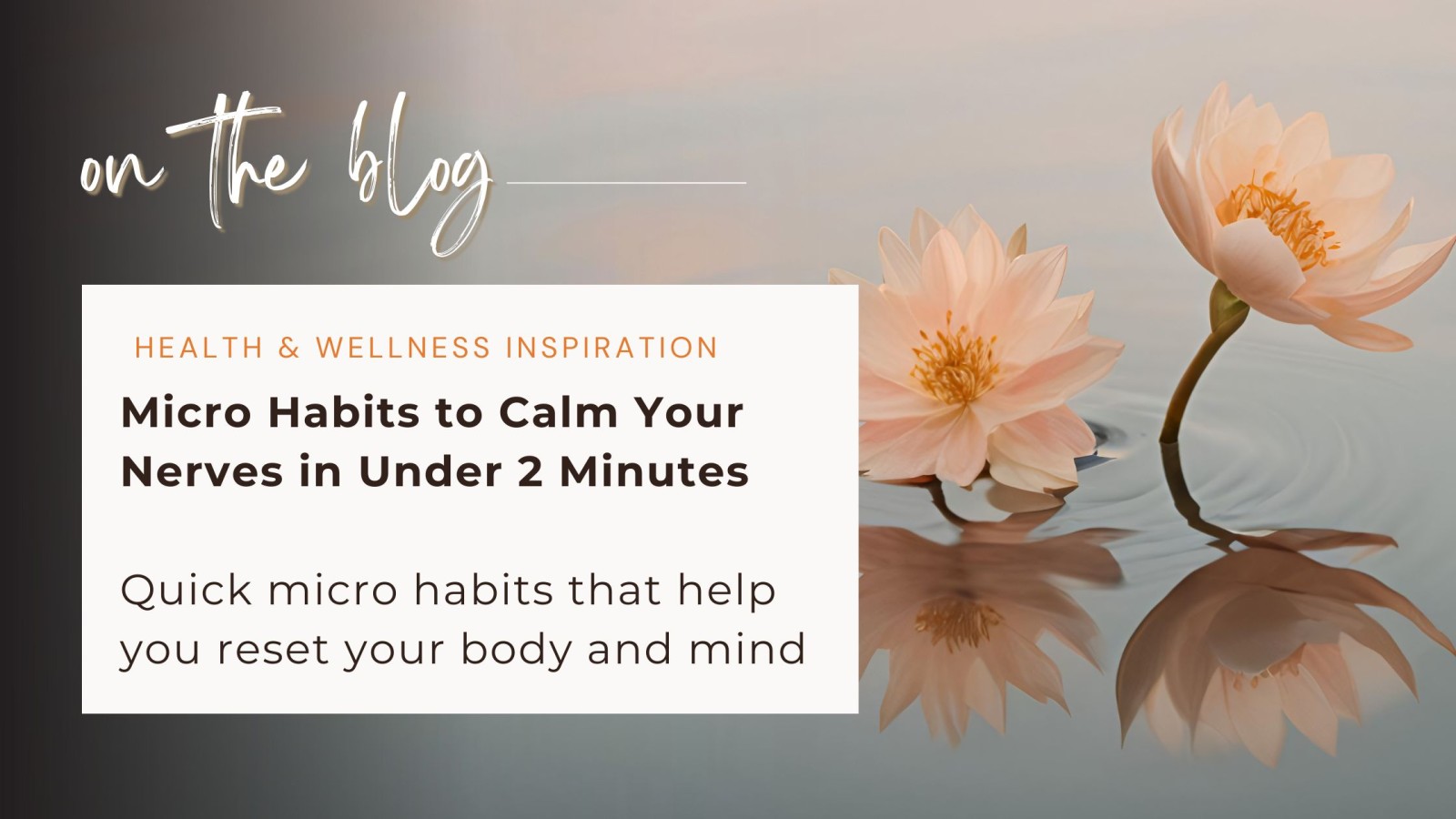

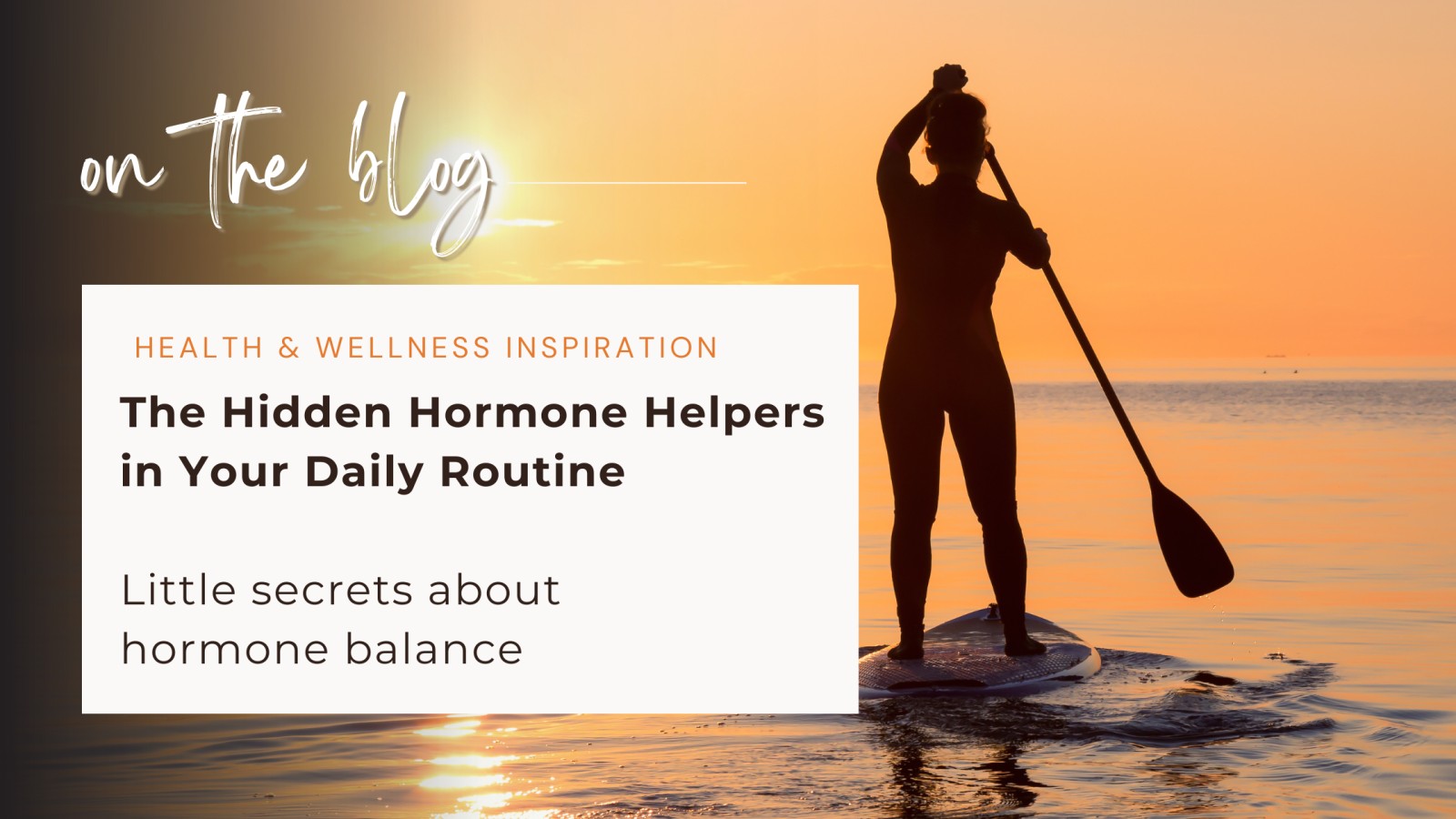

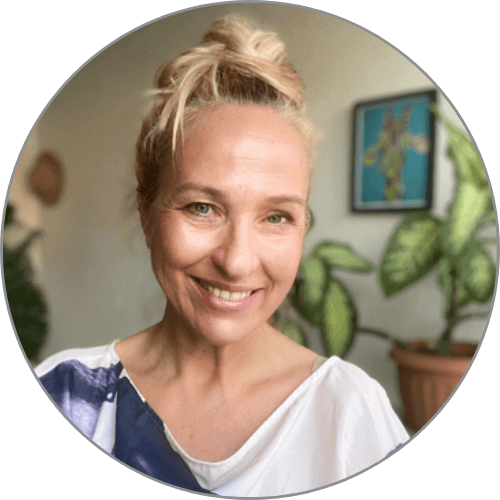
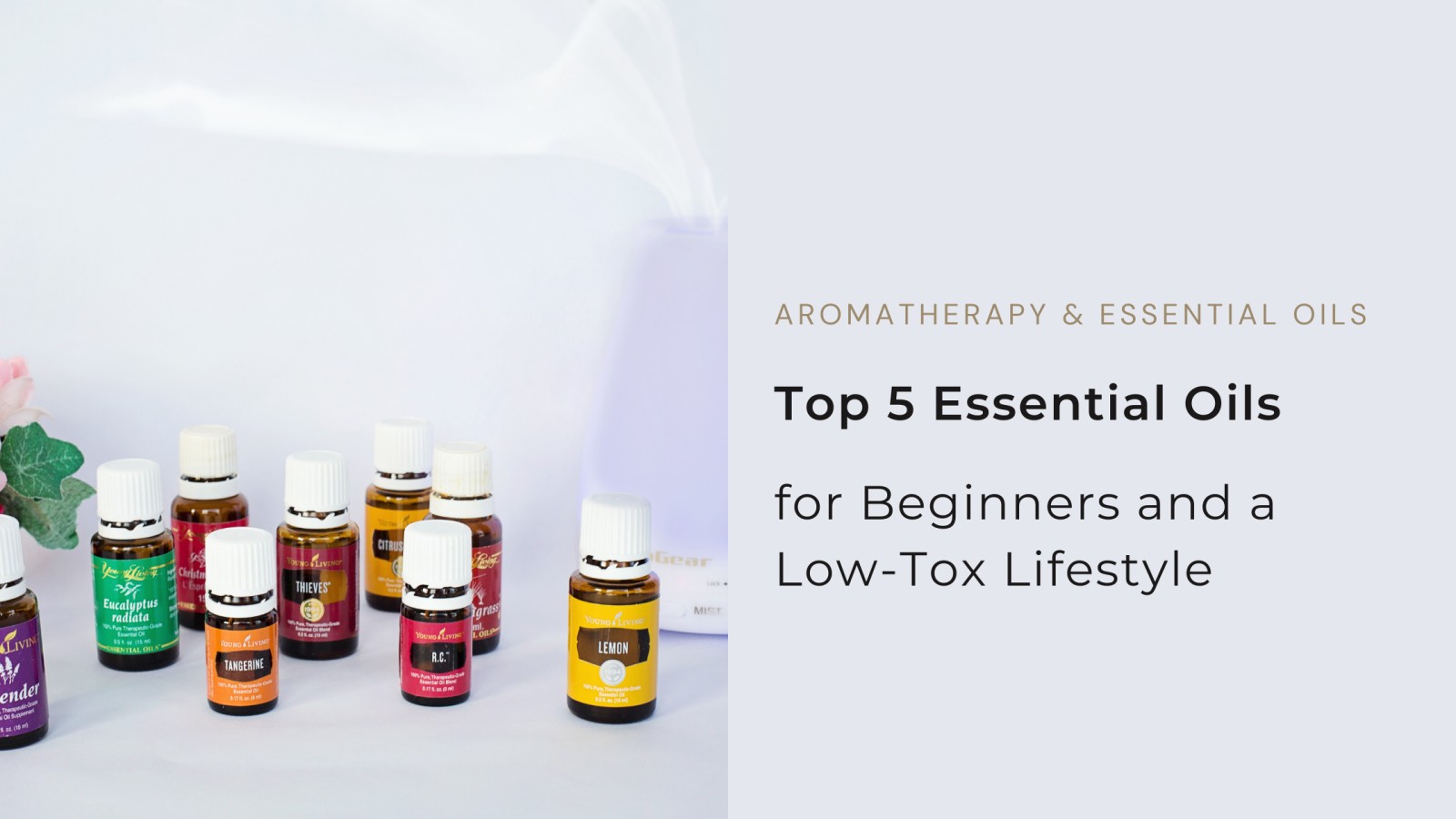
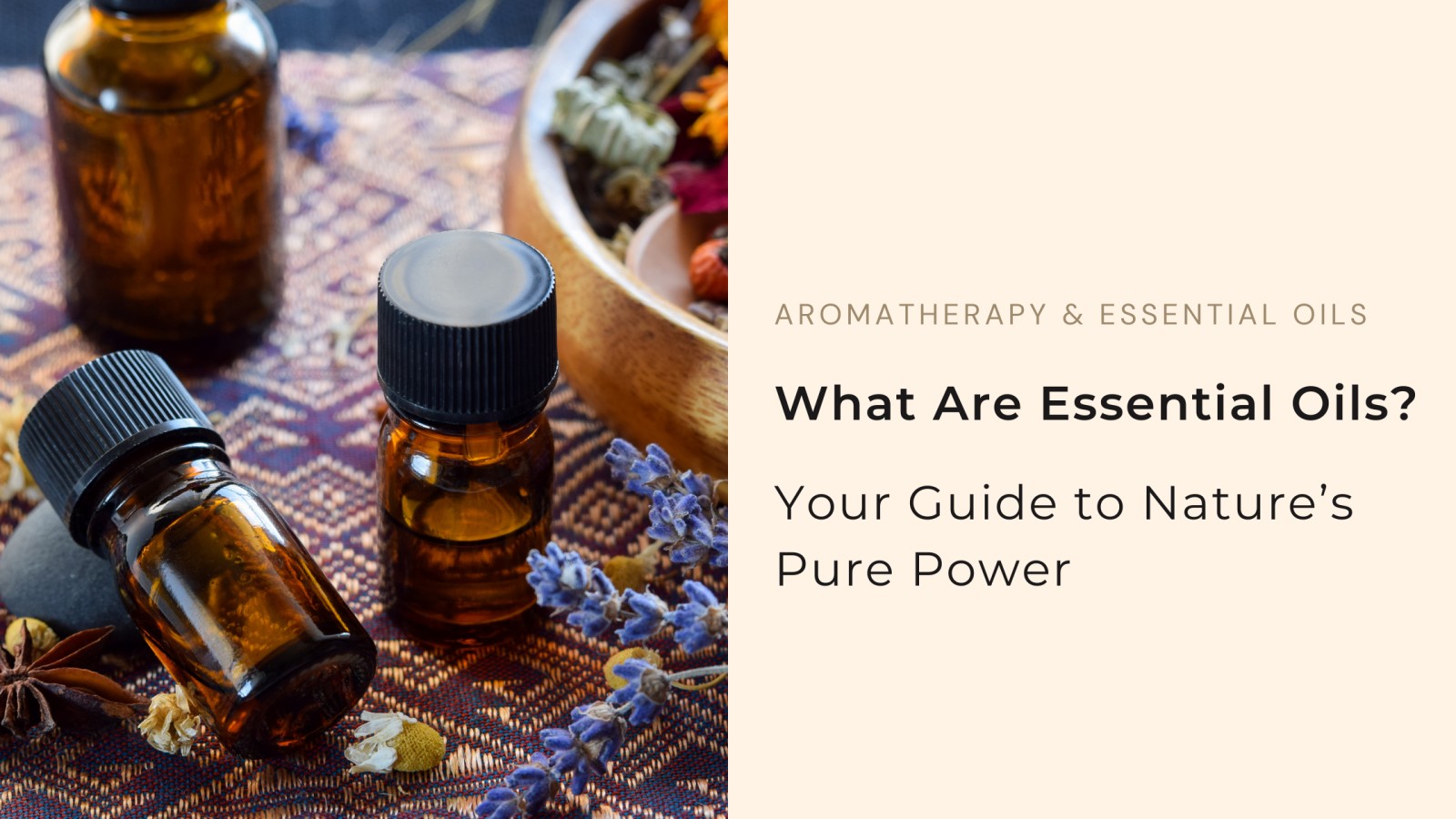
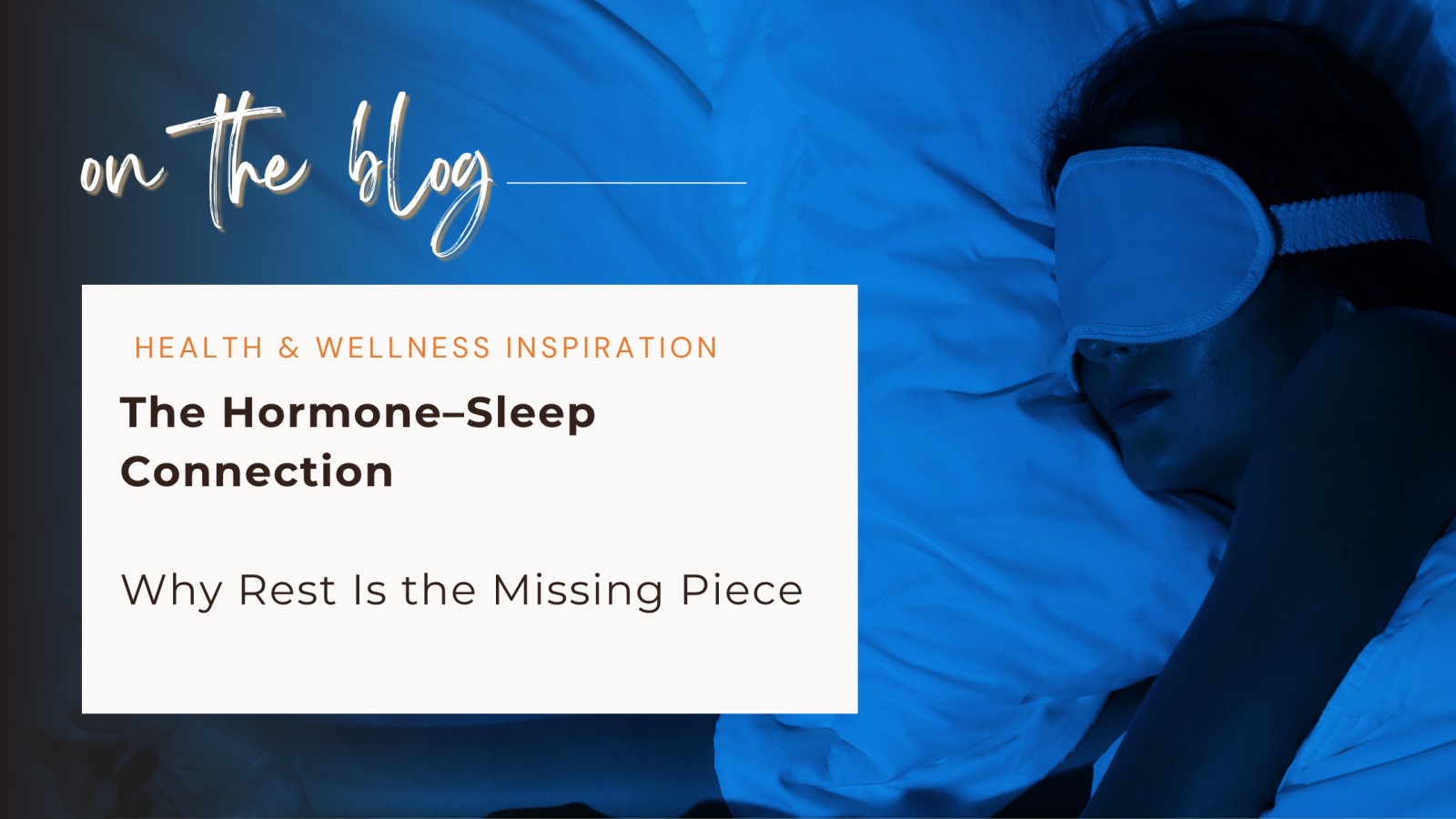
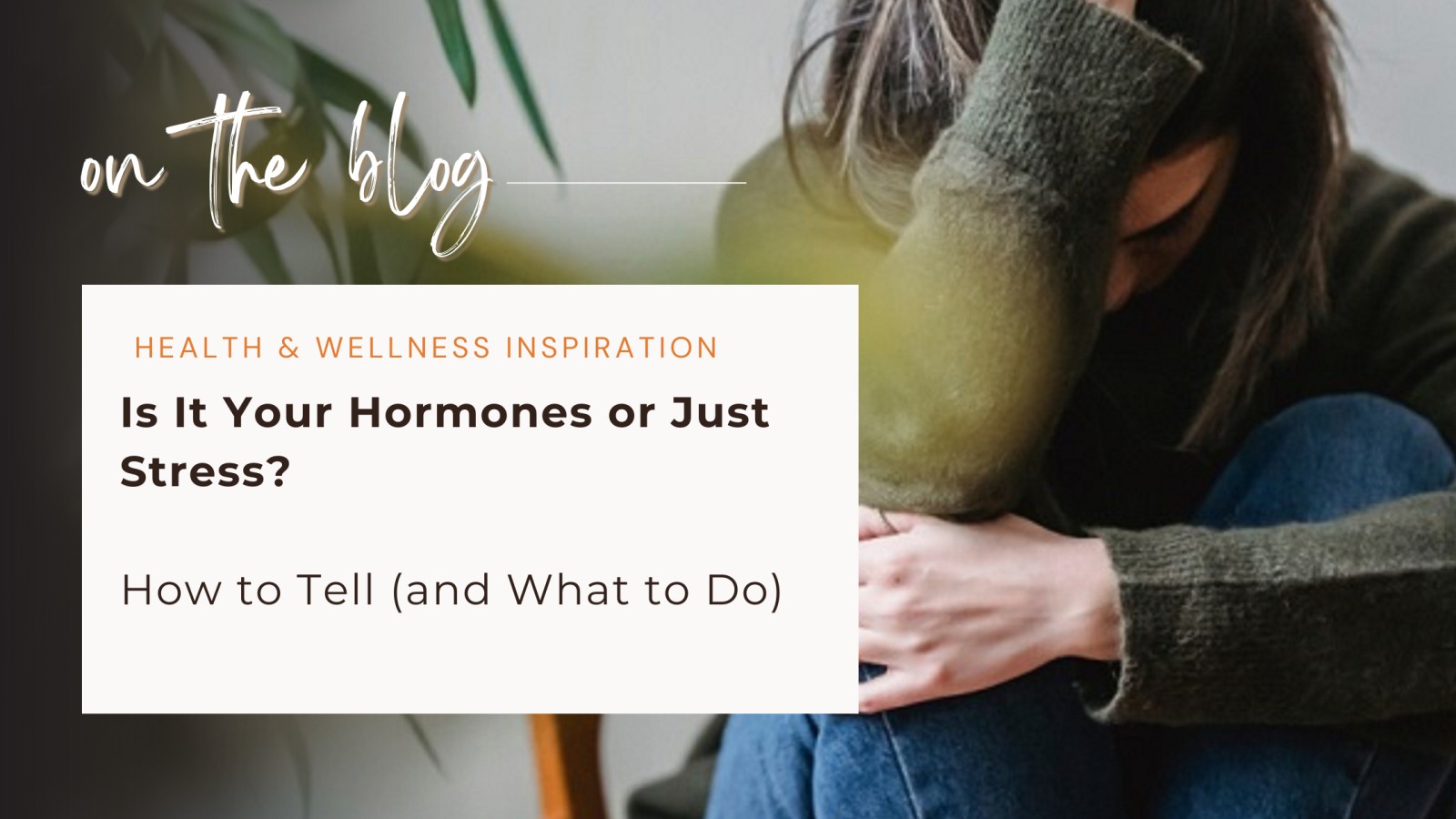




0 Comments